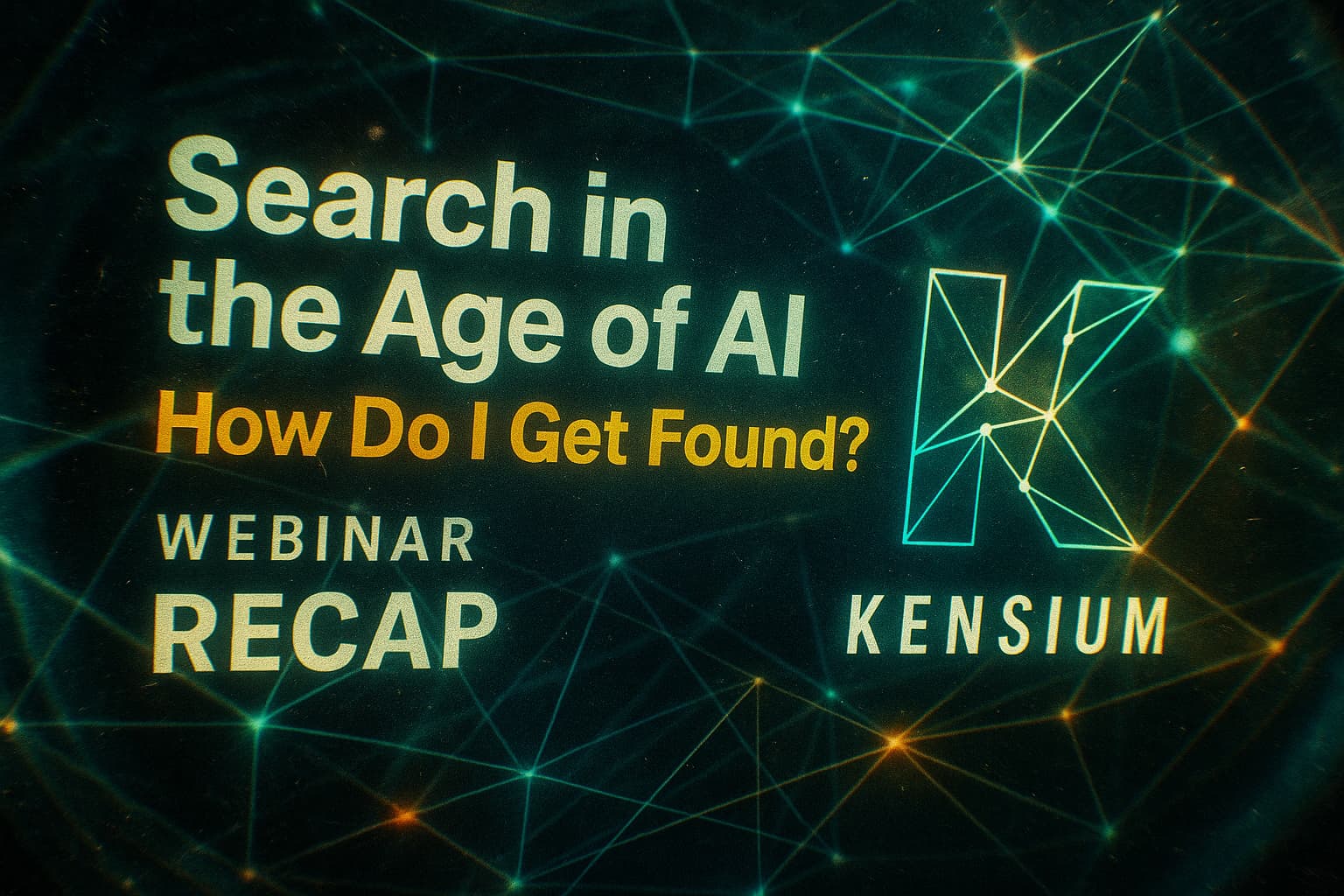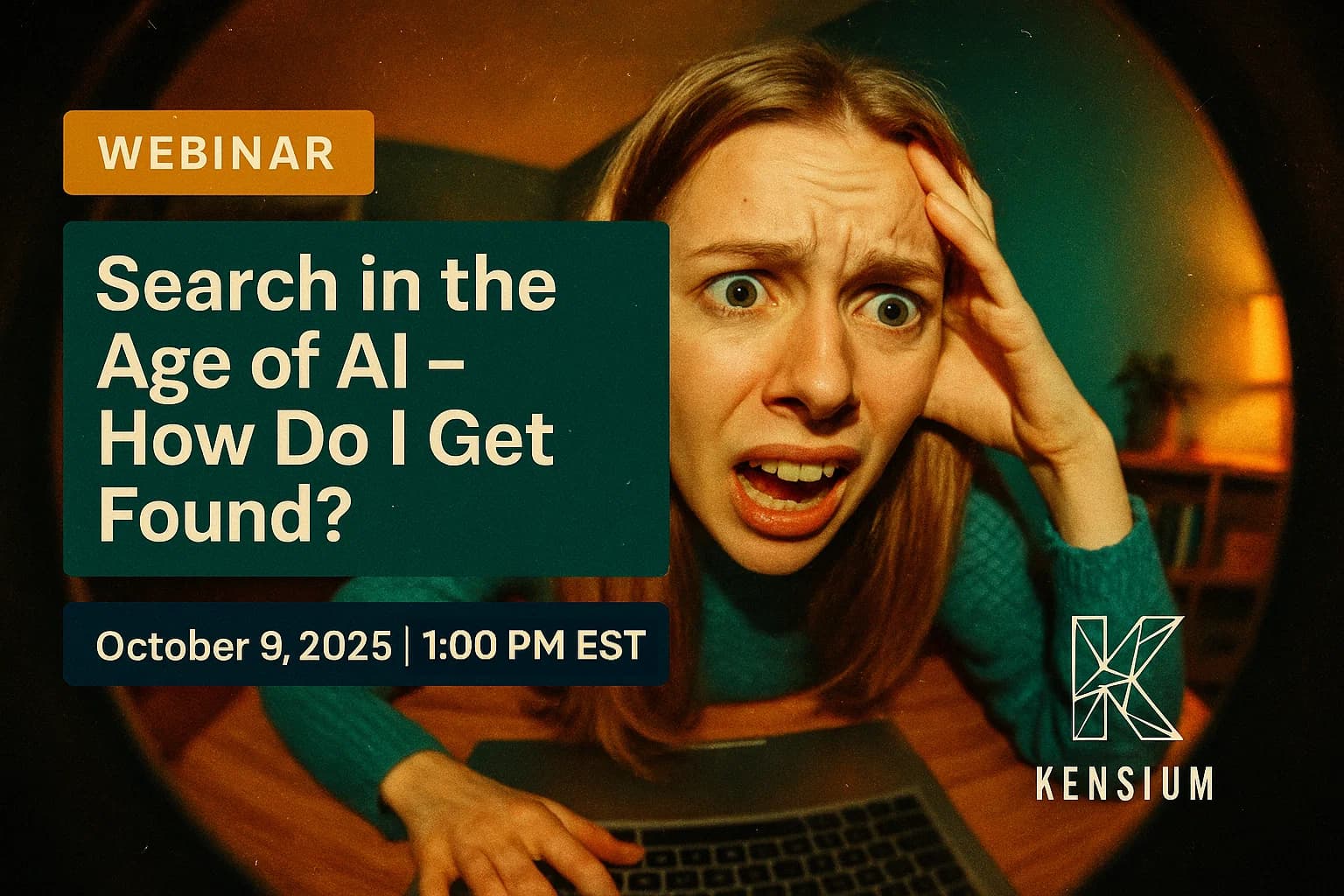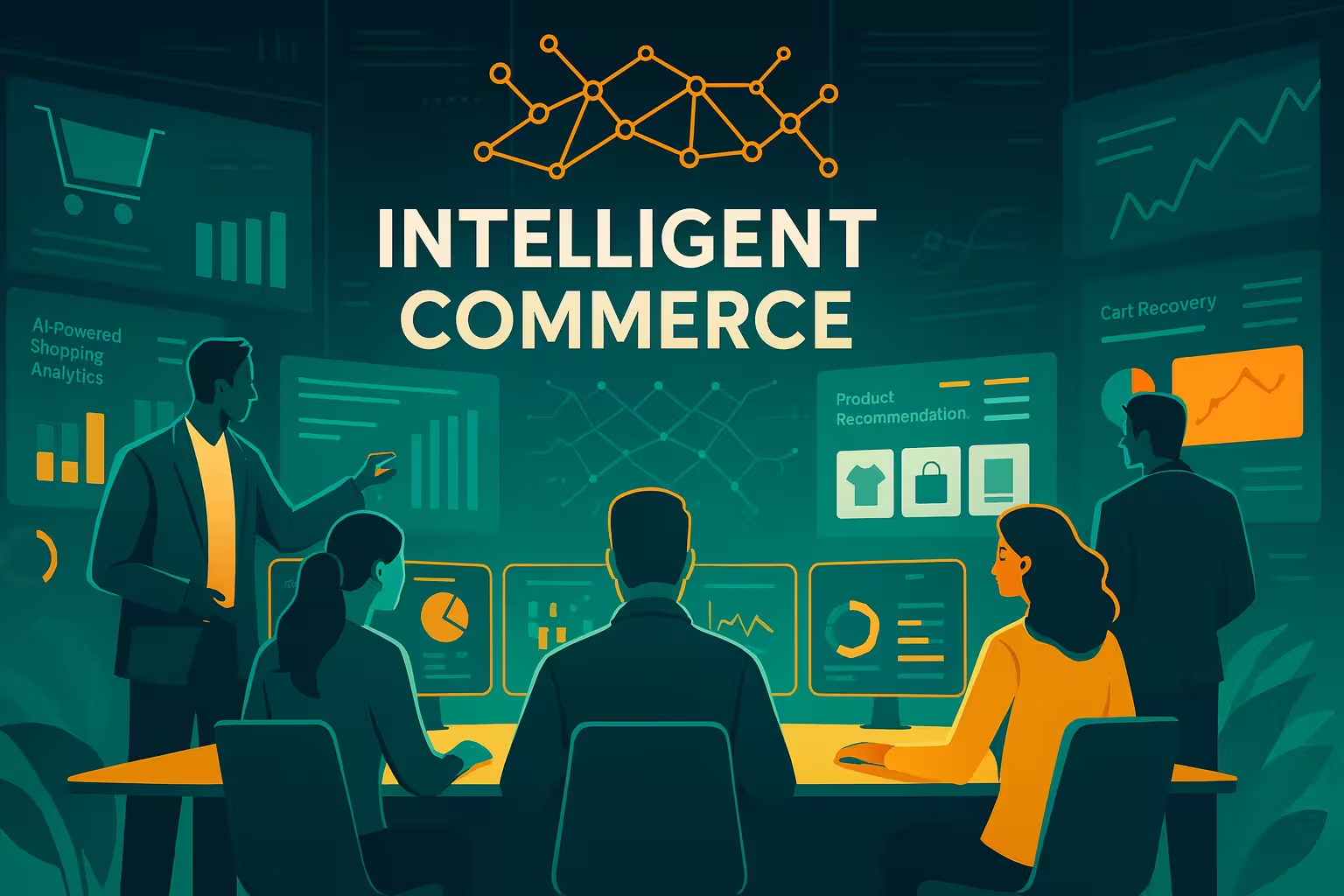
Artificial intelligence (AI) technologies continue to advance, and cloud ERP vendors are taking advantage. Gartner says CIOs seeking to transform their organizations digitally must include AI within their postmodern ERP strategies and explain why in a 2018 Research Note.
Embedding artificial intelligence (AI) within cloud ERP solutions is no longer the exception. As AI technologies continue to evolve, savvy ERP vendors integrate them within their cloud ERP software. Gartner, an information technology research and advisory company, published a research note in June 2018 about AI. In A Guide to AI in Postmodern ERP Strategies, analysts Denise Ganly and Christopher Lervolino urge CIOs to use the research to understand AI's capabilities.
They also suggest that leveraging AI within their ERP strategies is necessary. Why? The research note, which Acumatica is making available for free, covers that and more.

Gartner's AI and Postmodern ERP Strategy Recommendations
Digital transformation is a hot topic for businesses in every industry (possibly a challenging one) and is an essential move in today's marketplace. Digital transformation means adopting modern technology, such as AI, to update and automate their business management processes, thus improving efficiency, customer service, business intelligence, security, and more. And for digital transformation to be successful, businesses need to get the full support of their workforce at the outset.
These two ideals—acknowledging the need for digital technologies (and the benefits that come with it) and including every employee in the process—play a part in Gartner's postmodern ERP strategy. According to Ganly and Iervolino, postmodern ERP strategies should also include AI. However, in their research note, they suggest that CIOs may not yet realize the impact AI can make in their organizations and the importance of having this emerging technology within their strategies. To explain why they start by defining AI.
Artificial Intelligence Definition
Taking some liberties with the guide's definition, AI is a group of technologies that can do what humans do but better. Without being specifically programmed, AI technologies can "change behaviors" and, therefore, change business outcomes based on collected data, usage analysis, etc.
AI technology includes Machine learning (ML) and natural language processing (NLP). The Gartner analysts provide:
A list of leading AI applications, including bots, chatbots, and virtual assistants.
- Conversational AI platforms.
- Analytics and predictive analytic models.
- Smart objects, sensors, and environments.
- They then break down each application, explaining how they will affect organizations' future competitiveness and success.
- The Gartner research note also delves into how AI impacts:
- Human capital management (HCM)
- Finance
- Procurement
In addition, the Gartner analysts offer four recommendations for how CIOs can strengthen their digital transformation strategies. Two of their recommendations focus on deploying robotic process automation (RPA) and introducing AI initiatives.
Using AI For A Winning Cloud ERP Strategy
Gartner's Guide to AI in Postmodern ERP Strategies provides invaluable AI insights. It also explains how leveraging the technology can produce a winning ERP strategy for digital transformation. In a recent post, Acumatica CEO Jon Roskill described the digital transformation as a "journey filled with detours and complex layers." However, the expected outcomes of increased efficiency and profitability make the possible challenges well worth it.
As mentioned earlier, successful digital transformations require the entire organization's support. It also requires choosing a cloud-based ERP that integrates diverse business applications and provides a real-time view of the business on any device from anywhere, at any time. It also requires cloud ERP software that can—and will—incorporate emerging technologies, such as AI, efficiently and effectively.
Advancing new technologies is a priority for Acumatica, and Acumatica Summit 2019 was the perfect place to demonstrate how Acumatica is using emerging technologies (e.g., Alexa for Business, Google Cloud Vision Product Search, the Acumatica cloud ERP Connector for Microsoft Flow, and more) to meet the real-world, practical needs of businesses today. The Day One and Day Two Keynotes are now available online for those who missed the Summit and the demonstrations.
Also available is an informative on-demand webinar, Putting New Technology to Work for Your Business. It covers trends in business, why putting new technology to work is necessary, and how the right ERP solution can help transform your business.








.png)



.jpeg)









